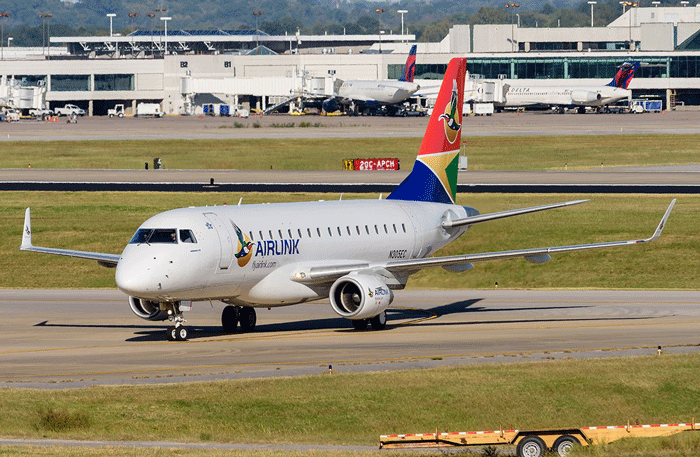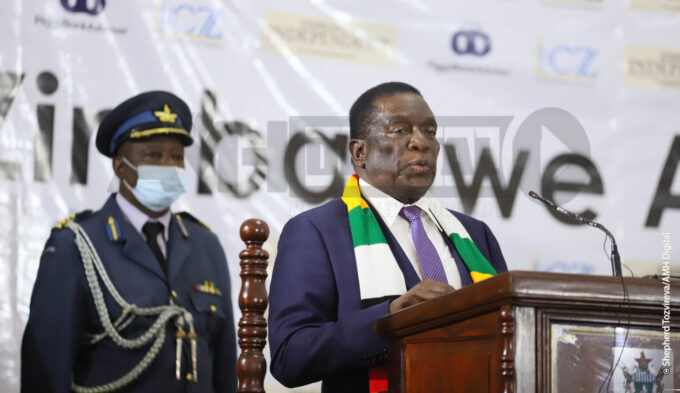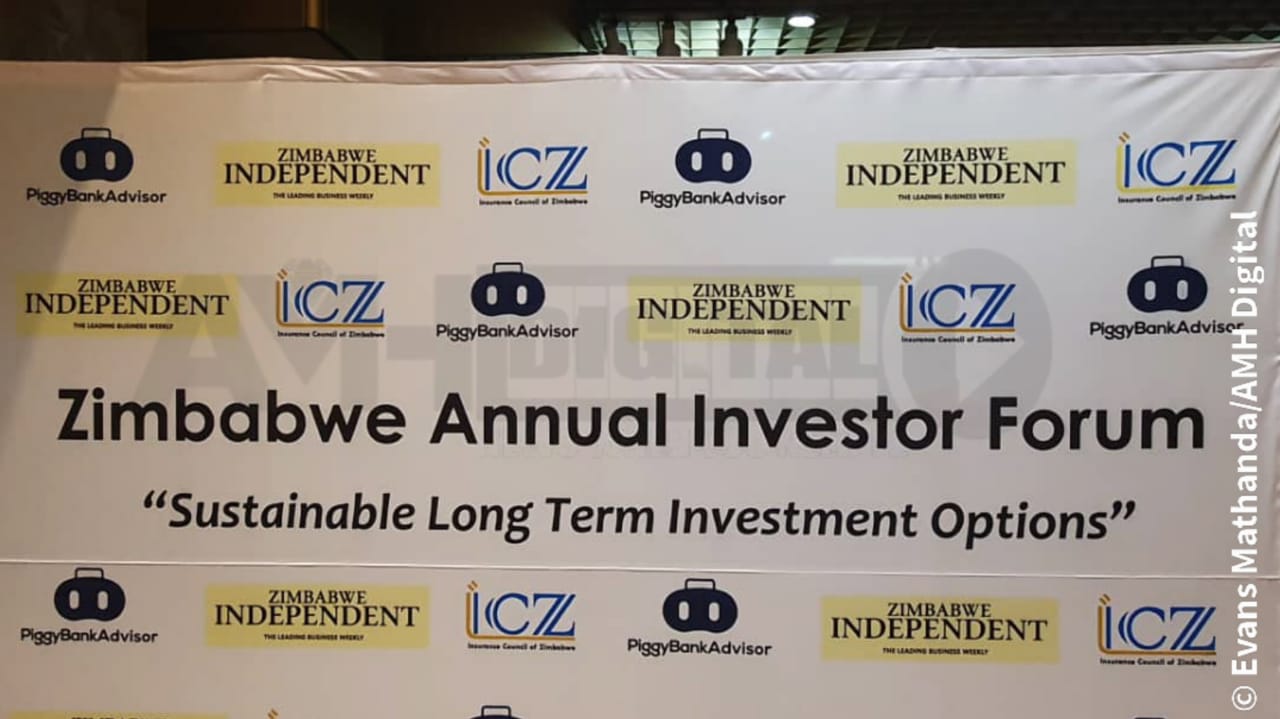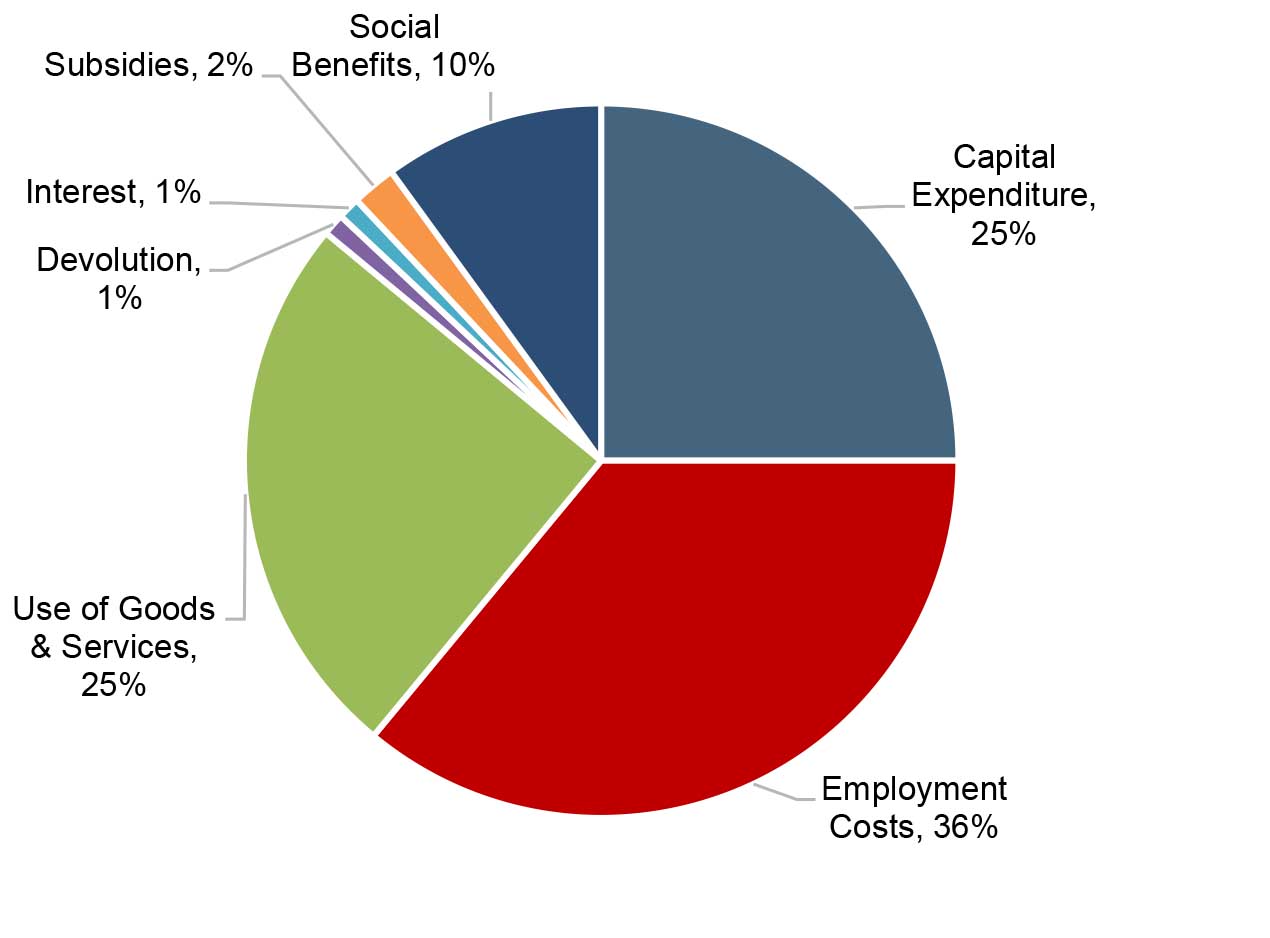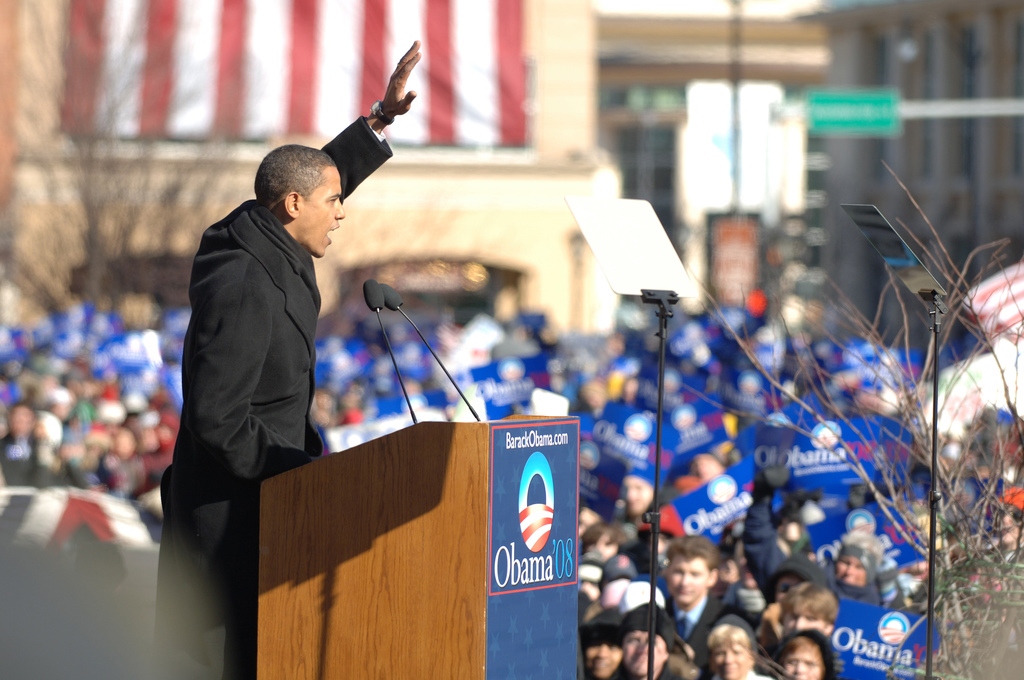
TENDAI MAKARIPE HIS name is Barack Hussein Obama II.
In early 2007, he was just a little-known senator running for presidency against a fellow democratic nominee, Hilary Clinton.
As fate would have it, the African American whose presidential aspirations were dismissed as a fallacy by some political naysayers made history by beating late Republican candidate John McCain and becoming the 44th president of the United States.
His victory was by no means a fluke as he won by a margin of nearly 200 electoral votes and 8,5 million popular votes.
While his success has been attributable to a myriad of factors, there appears to be a consensus among academics and analysts that social media played a pivotal role in his ascendency to the levers of power.
Obama’s Chicago-based campaign team, which employed social media and technology targeting predominantly American youths had an internet budget of US$16 million; US$643 000 was dedicated to promoting Obama’s official Facebook page.
So vibrant was the online campaign that 14,5 million hours of Obama campaign-created videos were viewed on YouTube, a digital video sharing site popular with youth, in which the average age of a video uploader is 26.
This advertising venue represented an estimated savings of US$47 million over comparable television advertisements.
- Chamisa under fire over US$120K donation
- Mavhunga puts DeMbare into Chibuku quarterfinals
- Pension funds bet on Cabora Bassa oilfields
- Councils defy govt fire tender directive
Keep Reading
Campaign content was shared with target audiences, and unlike television and radio spots, merged unobtrusively into potential voters’ usual activities, like checking their email or Facebook page.
The aim of the campaign was to engage previously hard-to-reach populations as well as foster the need to participate in offline political activities among young people.
From this election, the effectiveness of social media as a vehicle to promote offline political participation among young people became a topic for serious discourse among politicians and academics.
In Zimbabwe, social media use, particularly Twitter has been described as a liberating technology that has given a voice to the once politically marginalised Zimbabwean youths whose main form of political activity was limited to attending rallies and in limited circumstances, voting.
Analysts argue that in Zimbabwe, social media has generated a new logic of connective action in political participation, which emphasises individualisation and personalisation.
Analyst Gift Mazhozho said: “It blurs the line between leaders and followers and weakens the linkage between institutions and participants as it transforms the mode of conventional social movements.
“Youth and social media are becoming closely entangled and increasingly inseparable. Since the youth are usually more media-savvy and often fascinated by the use of new information technologies, they are taken as the ‘netizens’.”
While a lot of political activity has been noticed in the Zimbabwean social media space, questions have been posed on whether this activity is being translated to offline political participation.
Social media users in Zimbabwe, the majority of which are young people were estimated at over 1,3 million as of January 2021.
A preponderant number of these individuals have been vocal on social media, taking part in countless political discussions, posting political updates, and partaking in mobilisation activities.
The run-up to the just ended by-elections saw massive political traffic on Twitter and Facebook prompting some analysts to speculate about a plebiscite.
Alas, they were wrong.
Despite the social media hype, what was witnessed was just an ordinary election characterised by a low voter turnout, especially among the youth, who generally dominated social media spaces.
This resurrected a contentious question about the ability of social network sites to drive political action in the Zimbabwean context.
Is social media capable of playing a critical role in encouraging youth offline political participation or it is just an arena where the young congregate for information exchange that is not translated into action?
Analyst Lazarus Sauti believes social media gives power to young people in Zimbabwe.
“However, the challenge among Zimbabwean youths is that they participate online yet they are not registered voters. If you follow the online political discourse, you would think the opposition parties will win elections by wide margins.
“I did a snap survey on Election Day in some parts of Harare and realised that those who turned out to vote were generally the elderly, which showed that the youths were either disinterested or not registered voters,” Sauti said.
Given such a scenario, political parties have to take advantage of these free-entry and free-exit internet-based platforms to convince youths not only to register to vote but also to participate in the voting process.
Another analyst Gibson Nyikadzino told the Independent that: “Twitter is an available hunting ground for votes. Political parties must enter these platforms with clearly articulated messages meant to fish for votes from people who are searching for the best ideas available.”

